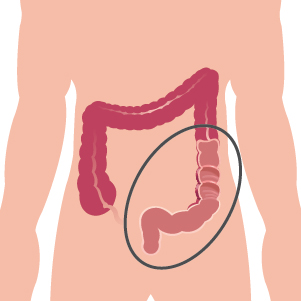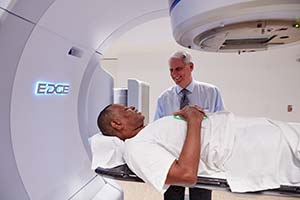Three Types of Colorectal Cancer Screenings
There is more than one way to determine the presence of colorectal cancer. Please see the chart below to understand the types of visual screening options so you can be prepared to talk with your doctor about which is best for you.
| Screening Type | Colonoscopy | Sigmoidoscopy | Virtual Colonoscopy (Computed Tomography Colonography) |
|---|---|---|---|
 |
 |
 |
|
| How It Works | A thin tube with a light and a lens for viewing is inserted into the entire length of the colon. The doctor can see and remove polyps or take tissue samples. | The same process as a colonoscopy but focuses only on the lower (sigmoid) colon. | A computer combines a series of x-rays of the colon that may show polyps or unusual activity. |
| Sedation | Yes | Not typical | No |
| Benefits |
|
|
|
| Limitations |
|
|
|
Sources:
National Cancer Institute
American Cancer Society
Find an Oncologist
Don't wait another day to receive the quality cancer care you deserve.


